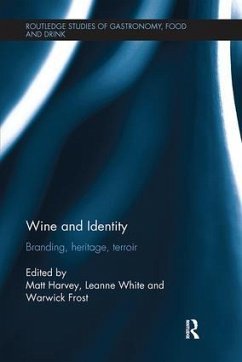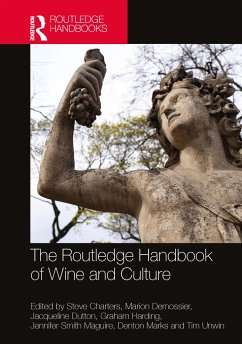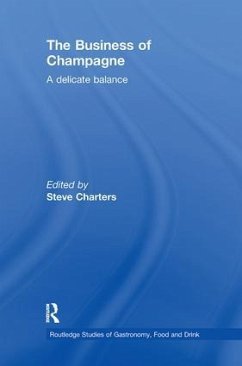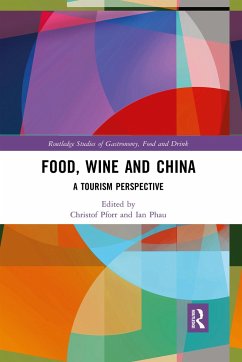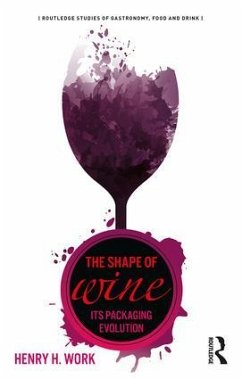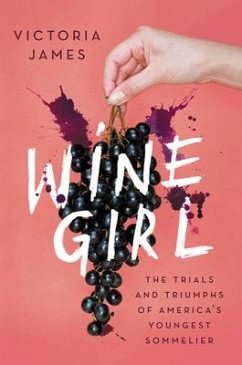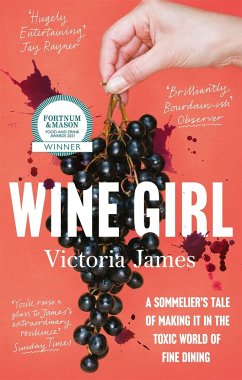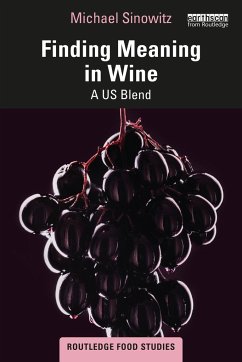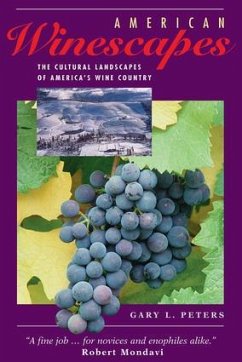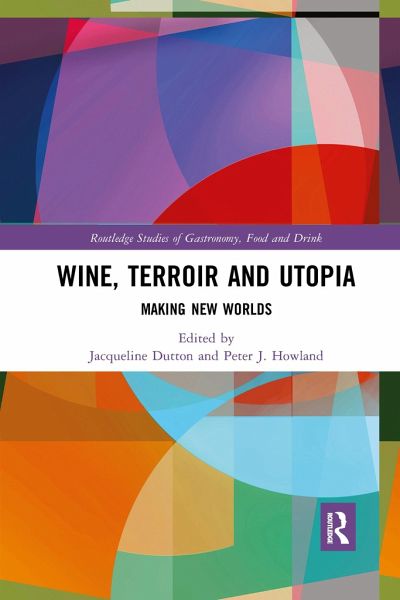
Wine, Terroir and Utopia
Making New Worlds
Herausgegeben: Dutton, Jacqueline; Howland, Peter J.
Versandkostenfrei!
Versandfertig in 6-10 Tagen
45,99 €
inkl. MwSt.

PAYBACK Punkte
23 °P sammeln!
Wine, Terroir and Utopia critically explores these three concepts from multi-disciplinary and intersecting perspectives, focusing on the ways in which they collide to make new worlds, new wines, new places and new peoples.Wine, terroir and utopia are all rooted in natural, spatial and temporal realities, yet all are unable to exist without purposeful human intervention. This edited volume highlights the theoretical and analytical lens of diverse scholars, who critically discuss a dazzling array of intersecting realities and imaginaries - economic, political, cultural, social and geological - a...
Wine, Terroir and Utopia critically explores these three concepts from multi-disciplinary and intersecting perspectives, focusing on the ways in which they collide to make new worlds, new wines, new places and new peoples.
Wine, terroir and utopia are all rooted in natural, spatial and temporal realities, yet all are unable to exist without purposeful human intervention. This edited volume highlights the theoretical and analytical lens of diverse scholars, who critically discuss a dazzling array of intersecting realities and imaginaries - economic, political, cultural, social and geological - and in doing this challenge many of our deeply-held responses to utopia. Drawing on an impressive range of international examples from South Africa to Bordeaux to New Zealand, the chapters adopt a range of theoretical and methodological approaches.
This volume will be of great interest to upper level students, researchers and academics in the fields of Sociology, Geography,Tourism, Hospitality, Wine Studies and Cultural Studies. It will also greatly appeal to practitioners and enthusiasts in the worlds of wine production, consumption and marketing.
Wine, terroir and utopia are all rooted in natural, spatial and temporal realities, yet all are unable to exist without purposeful human intervention. This edited volume highlights the theoretical and analytical lens of diverse scholars, who critically discuss a dazzling array of intersecting realities and imaginaries - economic, political, cultural, social and geological - and in doing this challenge many of our deeply-held responses to utopia. Drawing on an impressive range of international examples from South Africa to Bordeaux to New Zealand, the chapters adopt a range of theoretical and methodological approaches.
This volume will be of great interest to upper level students, researchers and academics in the fields of Sociology, Geography,Tourism, Hospitality, Wine Studies and Cultural Studies. It will also greatly appeal to practitioners and enthusiasts in the worlds of wine production, consumption and marketing.





